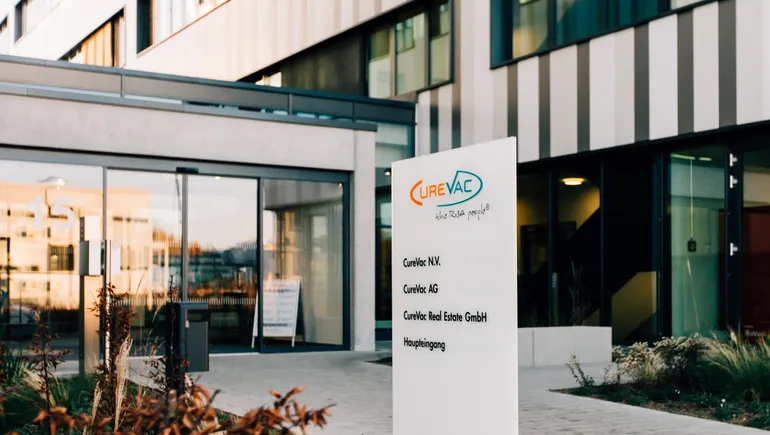Clene says its ALS drug data is not yet enough for FDA


Dive Brief:
- Clene Nanomedicine on Thursday said the Food and Drug Administration doesn’t believe the company has gathered enough evidence to support an accelerated approval of its experimental drug for ALS, or amytrophic lateral sclerosis.
- A solution of gold nanoparticles, Clene’s drug is meant to protect neurons by promoting cell energy production. In ALS, it’s been tested in the main and open-label extension phases of the closely watched Healey platform trial; in an “expanded access” study; and in two other Phase 2 investigations. Clene claims its drug can help patients live longer while reducing “neurofilament light chain,” an increasingly important biomarker in ALS research.
- Clene also disclosed Thursday more data from the open-label extension study. Next year, the company plans to provide additional results, further engage with the FDA and start a Phase 3 confirmatory ALS trial.
Dive Insight:
Like the other therapies initially tested in the Healey trial, Clene’s wasn’t significantly better than a placebo at slowing the progression of ALS after six months of treatment. It also failed to hit the main goal of the mid-stage “RESCUE-ALS” study.
Clene, though, has continued development, with its case resting heavily on so-called exploratory analyses. Regulators are often critical of such analyses, as they can be used selectively to present a drug in a more favorable light.
The data Clene released Thursday come from the Healey trial’s open-label extension phase, in which all participants can access drug therapy. The company said levels of neurofilament light chain decreased 16% more among patients who received its drug from the beginning of the trial, versus those who were first randomized into the placebo group.
That measure was taken at week 76. During the 24-week double-blind period, Clene says its drug was associated with a 10% relative reduction in neurofilament light chain. Research suggests the biomarker is a sign of nerve cell damage.
Clene said the open-label extension showed the risk of long-term, “all-cause” mortality decreased by 60% for patients who’ve been getting it’s drug the entire length of the trial, compared to those who haven’t. Yet, the company made multiple adjustments in its statistical analyses to come to that conclusion, such as assuming a constant common treatment effect from its drug.
So far, the FDA hasn’t been convinced that Clene has enough positive evidence to file its drug for accelerated approval. Investors haven’t seem convinced, either. Clene stock has lost most of its value over the past two years. The company’s share price plummeted another 40% Thursday morning, to trade around 30 cents.
This post has been syndicated from a third-party source. View the original article here.




